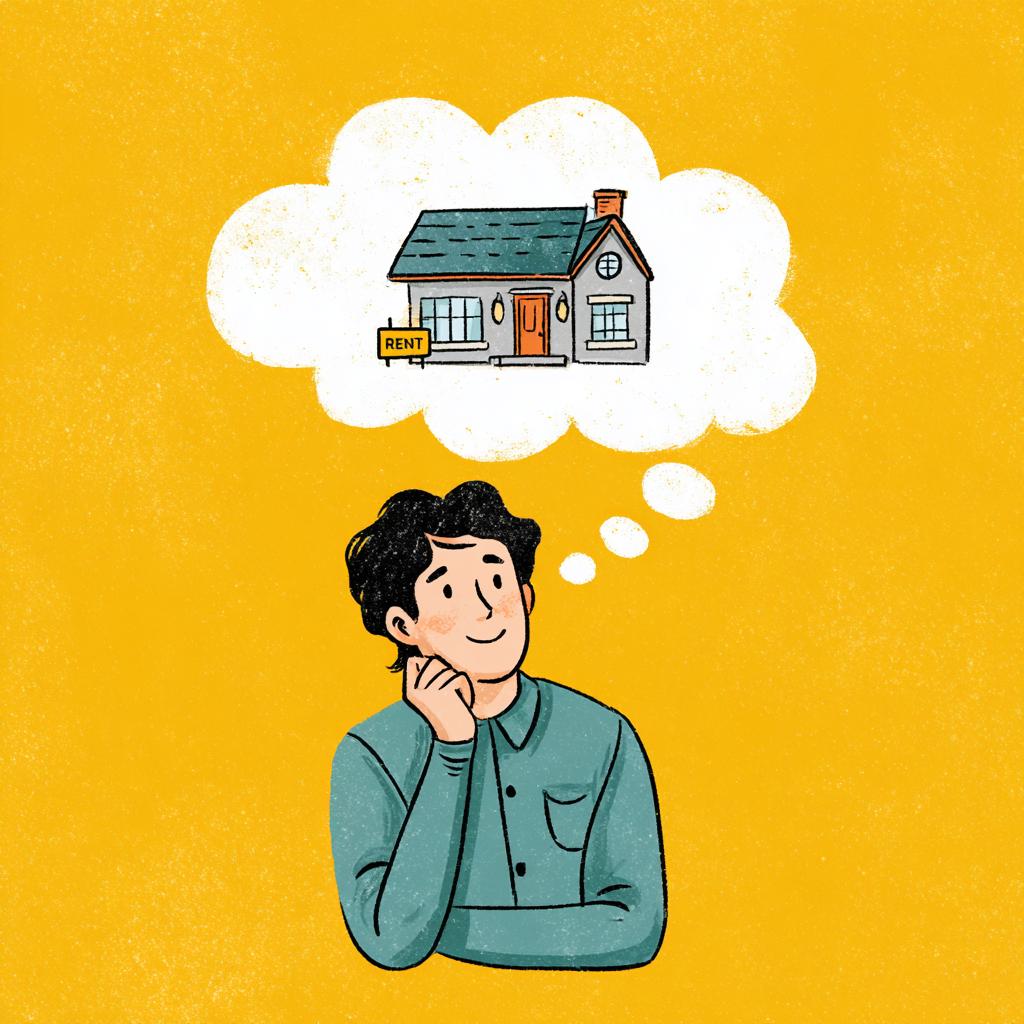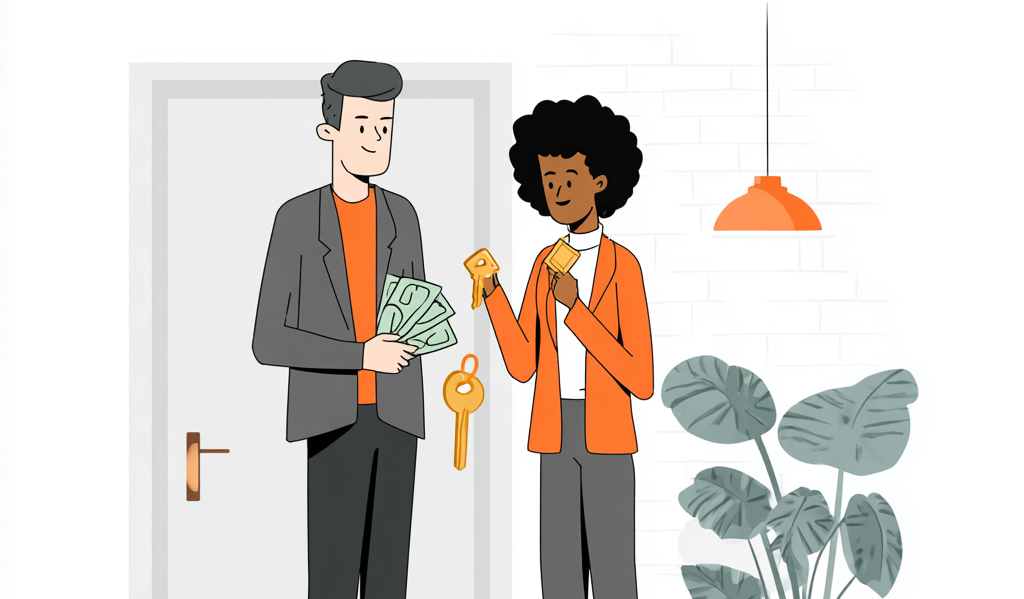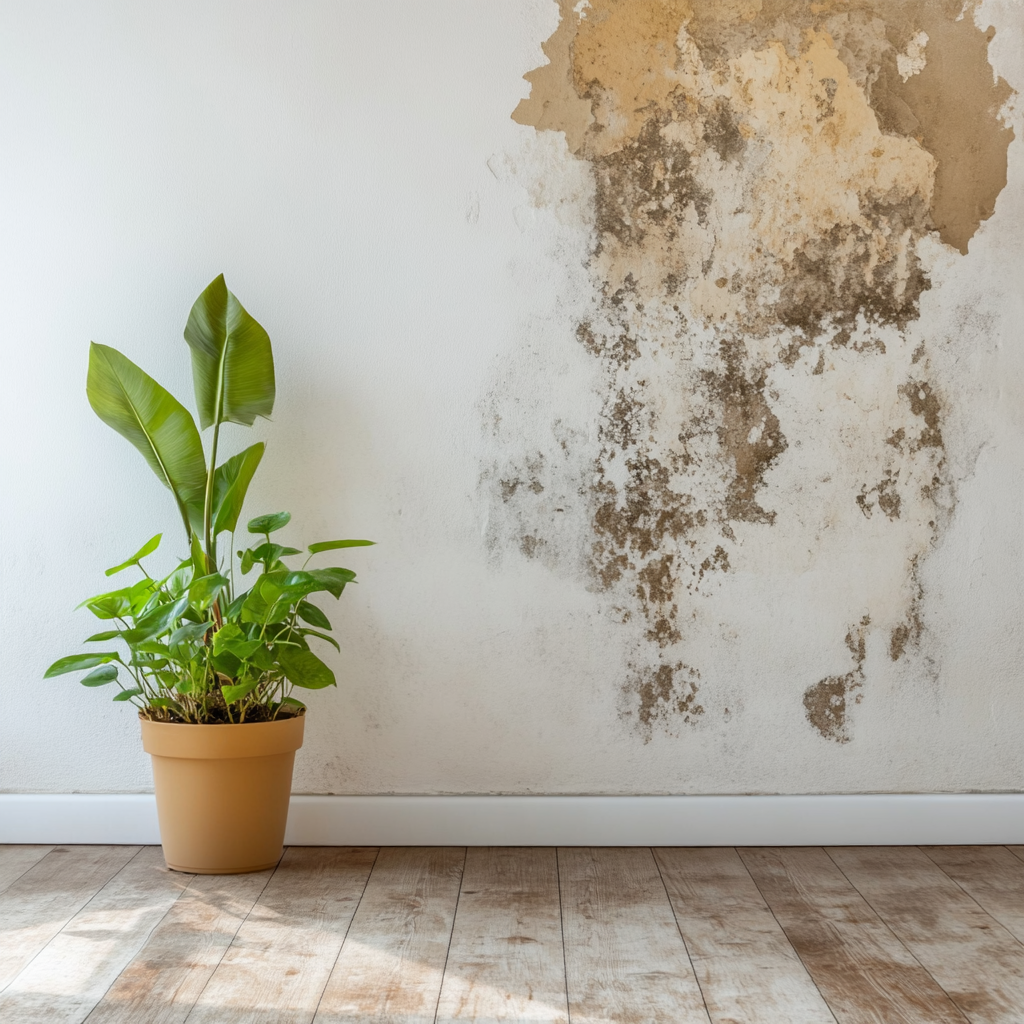BEYOND THE BRANCHES:
INSIGHTS FROM ACORN + OAK
Should You Rent Out Your Home?
A Reality Check Before Becoming a Landlord

The housing market can be tricky. Maybe your home has been on the market longer than you expected, or perhaps the offers you're getting just aren't hitting the mark. It's a common dilemma: Should I take my home off the market and rent it out until conditions improve?
Many homeowners see this as a perfect temporary fix: generate income to cover the mortgage while waiting for the ideal time to sell. It sounds like a smart plan, but before you trade your "For Sale" sign for a lease agreement, let's have a candid look at the realities.
🛑 The "Temporary Landlord" Trap: Expectations vs. Reality
If you're planning to rent your house for just a year or two with the expectation of easily transitioning back to a sale, you need to adjust your mindset. Being a landlord—even a temporary one—is a significant undertaking.
Reality Check #1: The Condition of Your Home
This is the number one area where your expectations will likely clash with reality.
- ❌ Expectation: When the tenant moves out, the house will be pristine, ready for staging, and you can charge the tenant for any "wear and tear."
- ✅ Reality: Tenants are only responsible for damage beyond normal wear and tear. A few scuffs on the walls, minor carpet indentations from furniture, or fading paint are generally considered normal. You cannot charge a tenant for the costs of prepping your home for sale (fresh paint, deep cleaning, minor repairs) if the damage is simply use-related. When the tenant leaves, expect to spend time and money on essential repairs, cleaning, and painting before it's ready to list again.
Reality Check #2: The Financial Commitment
Renting isn't a passive income stream; it's a business.
- ❌ Expectation: The rent payment will fully cover the mortgage and make a nice profit.
- ✅ Reality: You need to budget for significant, non-recoupable expenses, including:
- Vacancies: A month or two of no income between tenants or before you sell.
- Maintenance: Expect to spend 1–2 months' rent per year on repairs (furnace issues, leaks, appliance repairs).
- Eviction Costs: While rare, a costly and time-consuming process.
- Management Fees: If you hire a property manager (highly recommended for out-of-town owners), they'll take a percentage of the monthly rent or a monthly flat fee.
Reality Check #3: The Legal Headache
The law is primarily designed to protect the tenant.
- ❌ Expectation: You can easily ask the tenant to leave when the market improves.
- ✅ Reality: Once a lease is signed, you are bound by it. You cannot break a lease early just because a great buyer came along. Even after a lease expires, the eviction process for non-payment or other lease violations can take months and cost thousands in legal fees. You must familiarize yourself with local, state, and federal landlord-tenant laws.
📝 7 Essential Considerations Before You Lease
Before you make the final decision, use this realistic checklist to weigh the pros and cons.
1. The Mortgage Dilemma
Check your loan agreement. Many loans (especially FHA/VA loans) require you to live in the home for a minimum period. Violating an "Owner Occupancy Clause" can lead to serious penalties. You may need to refinance to an investment property loan, which usually has a higher interest rate.
2. Emotional Detachment
This is no longer "your home"; it's a rental unit and an investment. Your tenants will not treat it with the same care and respect you did. Can you handle a call at 2 a.m. about a burst pipe in the home where your kids grew up?
3. Security Deposit Limits
Most states cap the security deposit at 1-2 months' rent. This is rarely enough to cover major damage and an overdue rent balance. You will likely pay for any large repairs out of pocket.
4. Essential Repairs & Upgrades
Is the home rent-ready? Most tenants expect functional appliances, good A/C, and a reliable water heater. You are responsible for every repair.
5. Finding the Right Tenant
Screening is everything. A bad tenant can cost you thousands in damage, lost rent, and legal fees. Do you know how to run a proper credit check, criminal background check, and verify employment/income?
6. The Tax Implications
Rent is taxable income, but you can deduct many expenses (repairs, insurance, depreciation). Consult with a tax professional to understand how this new income and these deductions will impact your annual tax bill.
7. Your Future Sale Price
Will the fact that your house was a rental property impact your future buyer pool? Some buyers are wary of former rentals due to potential deferred maintenance.
🔑 The Bottom Line
Renting out your home can be a financially sound decision
if you approach it with the realistic mindset of an investor. It is
not a hands-off, risk-free, short-term holding strategy.
If you need to sell soon and can't stomach the thought of someone else living in and maintaining your property, renting may not be for you. A better option might be to lower the price, increase your staging efforts, or find other ways to make your home more attractive to current buyers.
If you are ready to accept the commitment, the risk, and the work involved, becoming a temporary landlord can certainly bridge the gap until the market shifts in your favor and we'd be happy to help here at Acorn + Oak.














